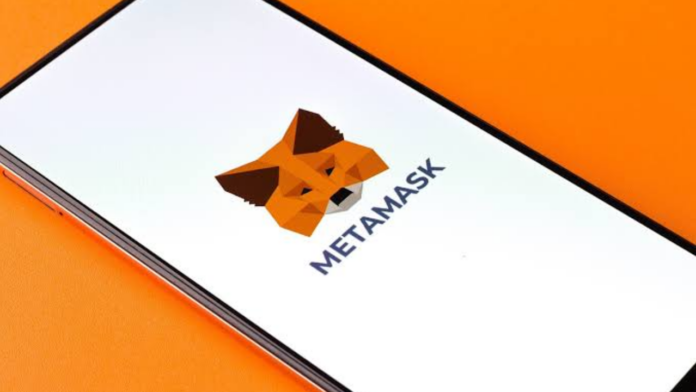This week marks a milestone in the crypto world. MetaMask, the go-to web3 platform developed by Consensys, and Blockaid, a leader in web3 security, are joining forces to add a layer of much-needed security without compromising on users’ privacy. This move could very well be a game-changer in the sector, aiming to protect billions of dollars in digital assets from potential scams, hacks, and phishing attacks.
This isn’t just any standard security update; this is an upgrade with privacy at its core. The most common practice among web3 wallets is to validate transactions by sharing user data with third parties. However, MetaMask and Blockaid have taken a different route. They’ve developed a privacy-preserving module that simulates transactions without the need for such third-party validations. This not only enhances the safety net around each transaction but also fortifies one of the most cherished principles of web3: user privacy.
Dan Finlay, Co-Founder of MetaMask and Chief Ethos Officer at Consensys, reflected on the importance of this new update, stating, “As we continue to innovate, we remain committed to empowering users and providing them with the tools they need to navigate the world of web3 with confidence.”
Blockaid isn’t new to the game of web3 security. In a high-profile case involving the hacking of Ethereum co-founder Vitalik Buterin’s X account, the company was able to prevent over $100,000 in digital assets from being plundered. They’ve been the guardians at the gate for some time now, consistently proving their worth in a space rife with threats.
But let’s talk numbers, shall we? The web3 universe is expanding rapidly, with an estimated 5,000 new dapps appearing every day. Blockaid estimates that a shocking 10% of these are malicious. Security alerts that proactively prevent such malicious transactions can serve as a protective shield, potentially safeguarding billions in assets.
In a Consensys-commissioned survey, nearly half the global respondents listed “too many scams” as a primary barrier to entering the crypto sphere. This new feature could lower that barrier, ushering in a new wave of users who feel safer navigating the digital landscape.
Earlier this year, MetaMask and Blockaid launched an experimental Opensea security alert feature, which was utilised by around 4% of MetaMask users. The feature managed to prevent thefts amounting to a whopping $500 million since its April 2023 rollout. With this track record, the anticipation is that the new privacy-preserving alerts could prevent losses in the billions once they become a default feature in MetaMask wallets.
Ido Ben-Natan, Co-founder and CEO of Blockaid, underscored the significance of this joint venture. “For the ecosystem to be ready for billions of users, it needs to be safer,” he said. “Together we are setting the standard for web3 security across users and builders in the space.”
However, it’s worth noting that while the new feature serves as a robust safety net, education remains the cornerstone for user protection. That’s probably why MetaMask introduced MetaMask Learn in January 2023, a learning platform specifically designed to help users understand the complexities of the web3 universe, keeping their assets safe in the process.
So, whether you’re a crypto rookie or a seasoned trader, the future looks a tad brighter and a lot more secure. And with this groundbreaking partnership between MetaMask and Blockaid, one can navigate the crypto world with an added layer of confidence, knowing that their assets—and privacy—are well guarded.


